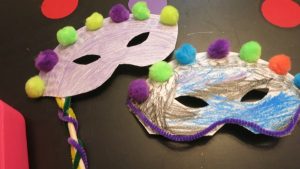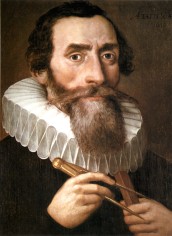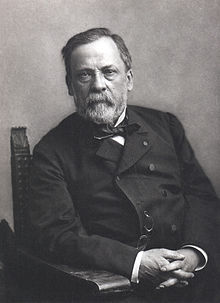Dominican Republic Independence Day
In about 650 A.D. Tainos came from South America to the Dominican Republic. Then Caribs drove the Tainos to the north-east Carribean in the 15th century.
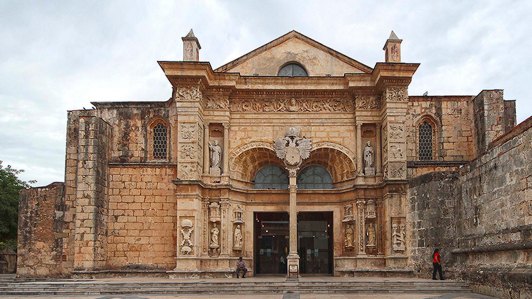
In 1492 Christopher Colombus arrived, bringing the Spanish, smallpox and measles, and generally conquering by disease. His brother Bartholomew built the city of Santo Domingo, Western Europe’s first settlement in the New World.
The Spanish used the island for plantations and to launch other conquests around the Americas. By the 18th century the population had risen from a few thousand to 40,000 white landowners, 25,000 black freedmen, and 60,000 slaves.
French buccaneers arrived and took the western side. France eventually owned the whole island, but the west bit, then named Saint-Domingue, revolted against France and became independent Haiti.
In 1805 Haitians invaded Santo Domingo. In 1808 Napoleon invaded Spain, and Santo Domingo’s Spanish settlers revolted against French rule. Britain helped, and that part of the island was returned to Spain.
They later declared themselves independent as Spanish Haiti, and wanted to be part of Gran Colombia, but Haitians invaded and took over.
The Haitians, led by Jean-Pierre Boyer abolished slavery and nationalised a lot of property owned by settlers, the Spanish Crown and the Church. Boyer drafted all young men into the army, collapsing the university system, and taxed everyone heavily.
In 1838 Jean Pablo Duarte led the fight for independence with a secret society called La Trinitaria, comprising him, Matías Ramón Mella and Francisco del Rosario Sánchez.
On 27th February 1844 they declared themselves independent from Haiti (who of course carried on invading, but still…), backed by Pedro Santana, a cattle rancher who became general of their army.
Santana, and a wealthy official named Buenaventura Báez, both decided they were now in charge. Santana wanted to reunite Santo Domingo with Spain, Báez with America.
Santana succeeded, leading to the War of Restoration in 1863, this time helped by Haiti who didn’t want to live next door to a colonial power again. Spain gave up in 1865.
In 1916 America thought the Dominican Republic were doing a terrible job by themselves and invaded. They controlled the republic until 1922, building roads but not really gaining popularity.
The republic then had a dictator, Trujillo, who did a lot of good like improve healthcare and housing, education, etc., but was also a bit murdery as dictators often are. He ordered El Corte, the murder of any Haitians living on the Dominican border (we won’t mention that he was a quarter Haitian himself).
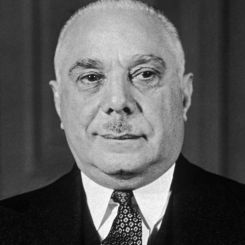
On 25 November 1960 Trujillo murdered 3 Mirabel sisters for opposing his regime. He also tried to assassinate the Venezuelan president, and in 1961 was assassinated himself.
Worried that another Communist Cuba might be created, America invaded to supervise elections. In 1960 Joaquin Balaguer became president and was quite oppressive, killing 11,000 people, but at least he wasn’t Communist, eh? Besides, they liked him and he was President on and off until 1996. Since then they’ve started to get the hang of things, and their economy and democracy seem to work.
The national dance is Merengue; the national music is Bachata; baseball is their favourite sport, while tourists love their year-round golf courses.







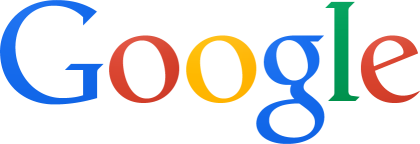









.jpg)
